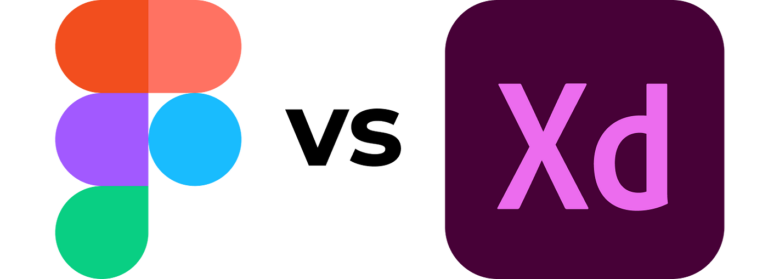As I approach the final semester of my Information Systems degree here in Norway, specializing in web development and cybersecurity, I find myself reflecting on my journey and the challenges ahead. My university has done an excellent job equipping us with skills relevant to today’s job market, particularly for aspiring full-stack developers. Yet, with the rapid evolution of AI and automation, I can’t help but wonder: is a career in development still the right path?
Solid Foundations in Technology
Our program has provided us with a robust toolkit. On the frontend, we’ve mastered technologies like HTML, CSS, JavaScript, React, and Next.js. On the backend, we’ve delved into Node.js and gained hands-on experience setting up backend servers using Hono. To interact with databases, we learned Prisma, with a solid grounding in MySQL and an introduction to NoSQL.
From a technical standpoint, I believe we are well-prepared to begin careers as either frontend or backend developers. With time and experience, transitioning into full-stack roles feels achievable—though certainly not without its challenges.
The AI Revolution: A Double-Edged Sword
When I began my studies in August 2022, the landscape of web development was vastly different. Large language models like ChatGPT, Claude, or Gemini were not part of the mainstream. Fast forward to December 2024, and the scene has changed dramatically. Tools like Bolt.ai and Lovable can now generate and deploy full-stack applications with surprisingly little input, provided users can write effective prompts.
I’ve made an effort to embrace these tools and keep up with advancements. Yet, I can’t deny the lingering doubt: will there be a need for web developers in the future? While these AI tools are far from perfect and can’t yet match the expertise of seasoned developers, their speed and efficiency in creating basic applications like to-do lists or simple websites are undeniable.
For a new graduate like me, this raises a daunting question: how do I, with my limited experience, keep pace with tools that can churn out results so quickly? I’m confident in my ability to build these applications, but the rapid progress of AI is hard to ignore.
A Tough Job Market or a Changing Industry?
Adding to this uncertainty is the current job market. Out of approximately 200 students in my cohort, fewer than 10 have secured job offers. This may partly be due to Norway’s high interest rates and broader economic conditions, but it’s unsettling nonetheless. It’s hard to tell whether the job market is simply in a temporary slump or if we’re witnessing a deeper shift in the demand for web development roles.
Finding Perspective
Despite these challenges, I remain optimistic about the future. While AI is revolutionizing the field, it is not yet a replacement for human creativity, problem-solving, and the ability to think critically about complex systems. Tools like ChatGPT may excel at producing quick solutions, but they still require skilled developers to manage, customize, and integrate them into larger systems.
For us as new graduates, the key may lie in adapting to these changes, honing complementary skills like problem-solving, teamwork, and project management, and finding ways to leverage AI rather than fear it.
Conclusion
The uncertainty surrounding the future of web development is real, especially for those of us just starting out. However, as technology continues to evolve, so too must we. By staying adaptable and embracing lifelong learning, I believe we can carve out meaningful careers—even in a rapidly changing landscape.
This is both an exciting and a challenging time to enter the field. While the path ahead may be unclear, it is also full of potential for those willing to grow and adapt.


